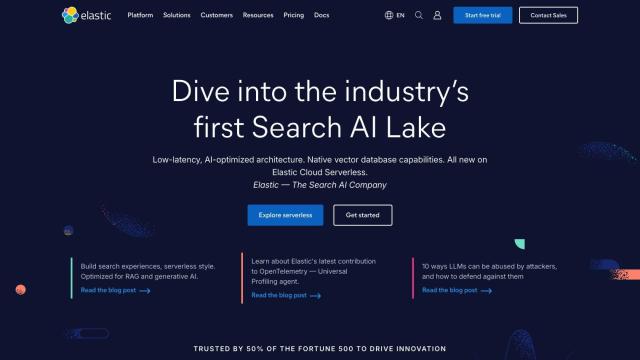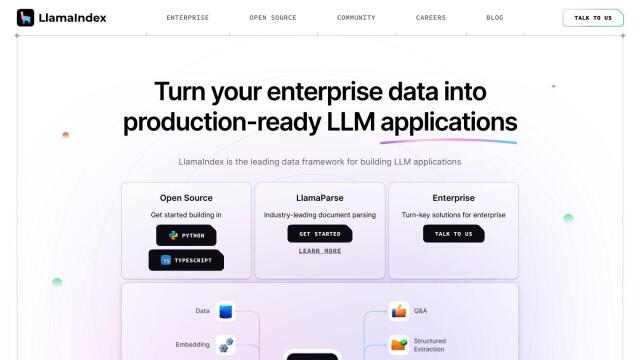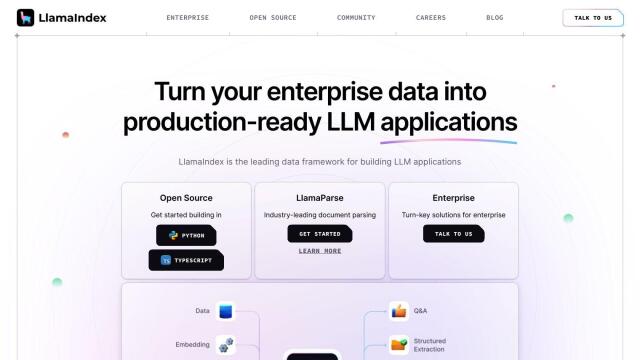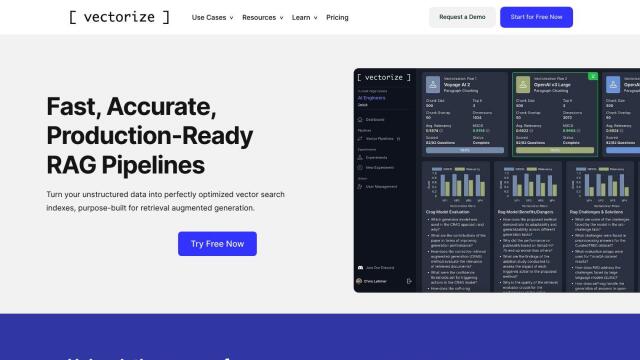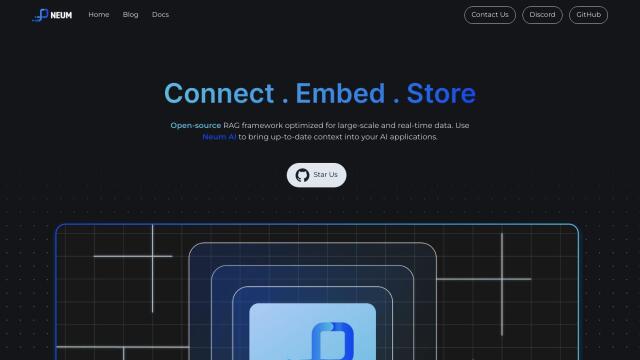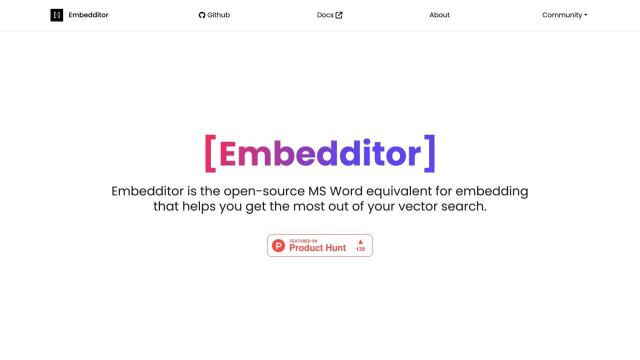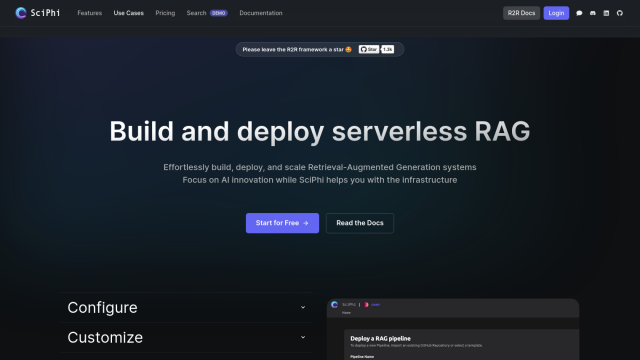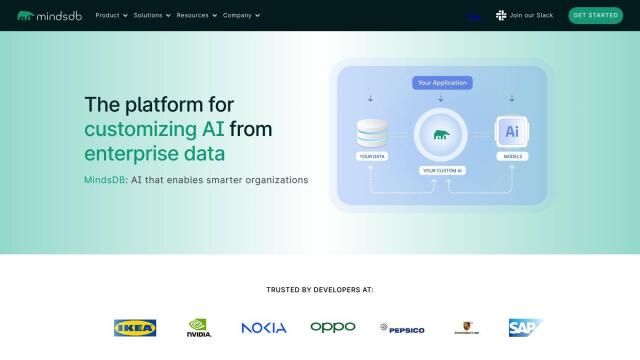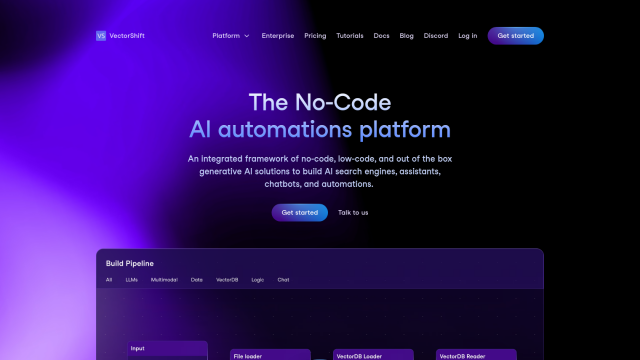Question: Is there an open-source vector database that can easily integrate with popular embeddings and frameworks for advanced search and recommendation systems?

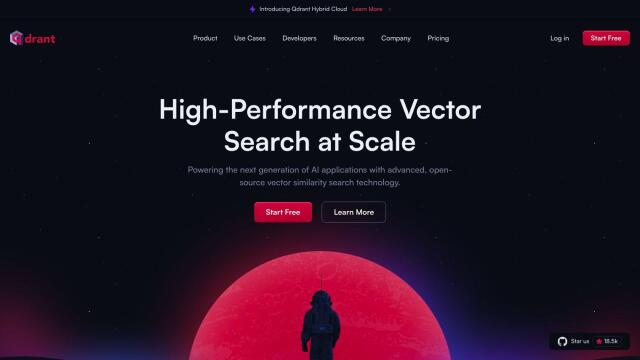
Qdrant
If you're in the market for an open-source vector database that plays nice with widely used embeddings and frameworks for advanced search and recommendation systems, Qdrant is a good option. This open-source vector database and search engine is designed for fast and scalable vector similarity searches, is designed for cloud-native architecture and is written in Rust for high-performance processing. It's designed to play nicely with leading embeddings and frameworks, so it's a good option for a wide range of use cases like advanced search and recommendation systems. Qdrant can be deployed in a variety of ways, including Docker for local use and cloud options, so it's easy to get up and running and can be cost effective.


Pinecone
Another good option is Pinecone, which is designed for fast querying and retrieval of similar matches across billions of items in milliseconds. It's designed with a serverless architecture for scalability without having to worry about database management, and it supports low-latency vector search, metadata filtering, real-time updates, and hybrid search that combines vector and keyword search. Pinecone offers several pricing tiers, including a free starter plan, and is certified for security standards like SOC 2 and HIPAA, so it's a good option for enterprises.


Vespa
Vespa is also worth considering for its unified search engine and vector database, which supports vector search, lexical search, and search in structured data. It lets developers build production-ready search applications at any scale with features like fast vector search and filtering combined with machine-learned models. Vespa can search structured data, text and vectors in a single query, making it a good option for search and recommendation systems. The platform is scalable and offers free usage to get started.

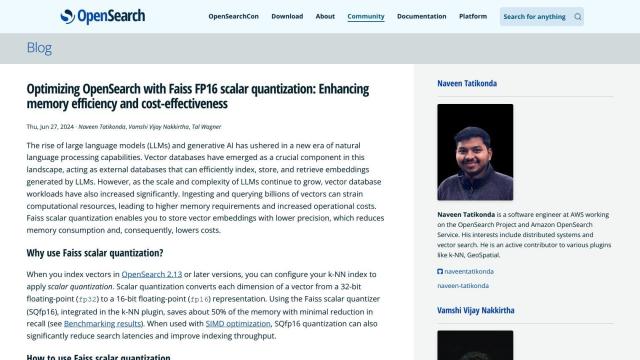
OpenSearch
If you're looking for something more flexible and customizable, you might want to look at OpenSearch. This open-source option supports search, observability, security analytics, and includes features like geospatial indexing, alerting, SQL/PPL support, k-NN/vector database support, and learning to rank. OpenSearch is fully open-source and can run on a variety of infrastructure, making it a good option for enterprise use cases. It offers high availability and supports hybrid and multicloud environments, and a suite of tools and plugins to extend its capabilities.





